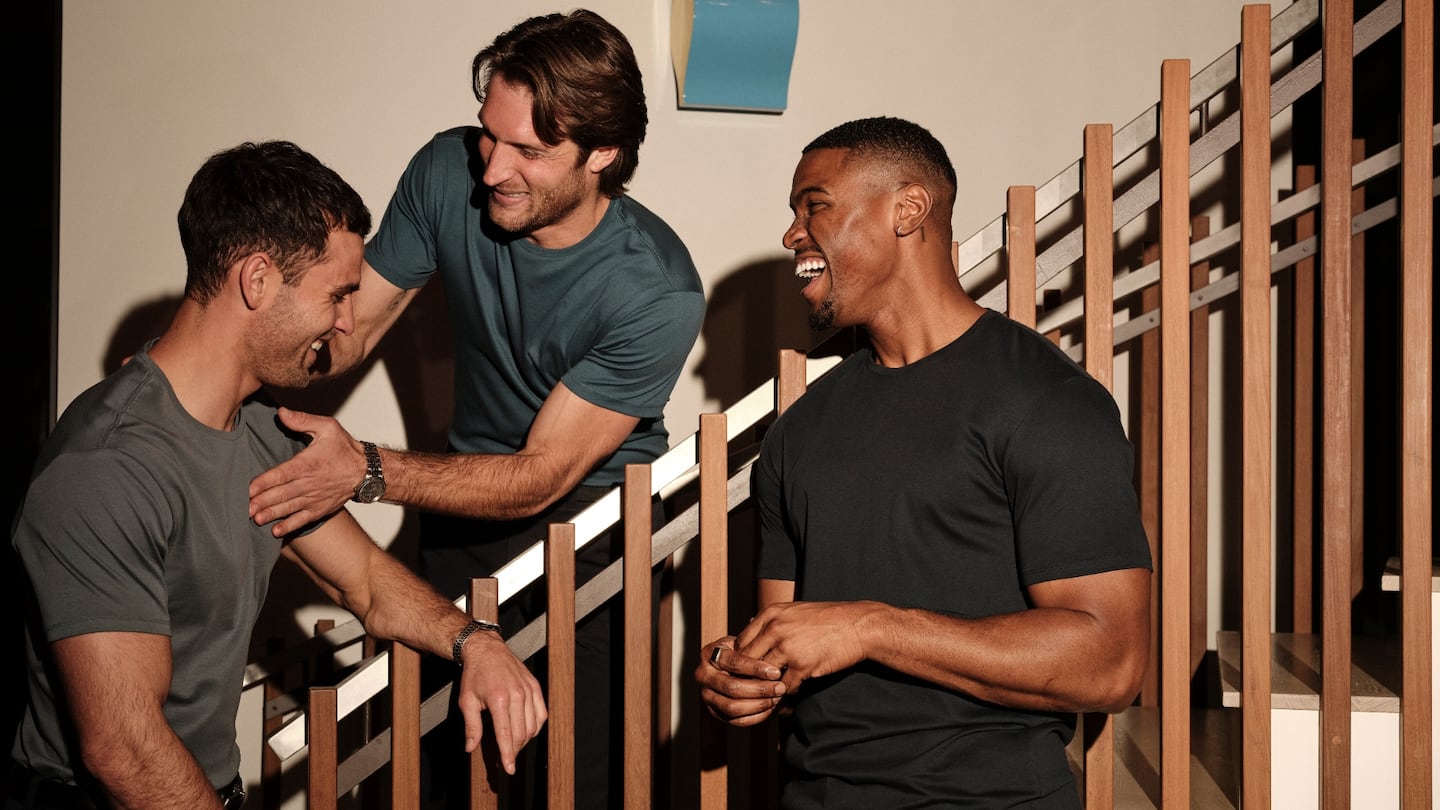Agenda-setting intelligence, analysis and advice for the global fashion community.
Digitally native menswear start-up True Classic announced on Thursday it received a strategic investment from 1686 Partners, a private equity firm founded by David Wertheimer, the son of Chanel co-owner Gérard Wertheimer. The deal values the company at $850 million, according to True Classic.
The milestone marks True Classic’s first outside investment, six years on from its 2019 launch, and comes at a time when only the buzziest fashion start-ups are able to secure growth capital. Even more notable is that the business, which is known for selling no-frills, form-fitting T-shirts to unassuming men, partnered with a fashion-centric partner (1686 has previously invested in high-end eyewear brand Ahlem and viral luxury product maker MSCHF, according to PitchBook) focussed on growing lifestyle brands rather than a Silicon Valley-based fund.
But what True Classic lacks in high fashion credibility, it makes up for in its track record of growing profitably in a competitive selling environment marked by high advertising costs and economic uncertainty. In 2023, sales jumped 40 percent year over year to $207 million, and its earnings before interest, taxes, depreciation and amortisation quadrupled to $19 million. The company expects at least a 50 percent year-on-year increase in sales to more than $300 million in 2025, and profits are slated to grow 50 percent year over year as well.
True Classic will use the funding to invest in retailer expansion, production and expanding its assortment. It’s set to open 20 standalone stores in the US this year, more than double its current fleet of eight locations. The brand will also launch kids’ and women’s clothing in the third and fourth quarter of 2025, respectively. True Classic also plans to expand the number of fabric mills and manufacturers it works with across Asia, as well as in countries like the US, Turkey and Costa Rica, as tariffs force all brands to reimagine their supply chains.
ADVERTISEMENT
Last year, True Classic attempted to sell its brand at a $1 billion valuation, but many of the private equity firms the company met with were not offering a premium sale price, said Ben Yahalom, True Classic’s chief executive. That’s a reality for many high-growth profitable brands as fewer investors are willing to value start-ups at the same sky-high prices of 2021 when interest rates were near zero, even as M&A activity ramps up. Since True Classic didn’t urgently need cash, it was able to wait and pivot to a deal that let it leverage the resources of a well-connected investor without giving up majority control of its business, Yahalom said. This funding round, for example, happened a year after an initial meeting with 1686 Partners, he added.
“We were not looking for cheap financing,” Yahalom said. “We really value the partnership and the strategic value that will come through it.”
Still, the investment is a major leap for a direct-to-consumer brand that avoided the venture capital trap that’s led to fire sales at once-hot start-ups like Parade and Outdoor Voices. Launched in 2019 by founders Ryan Bartlett, Nick Ventura and Matthew Winnick, the brand started with $3,000 to invest in social media ads and a $20,000 credit line from its first manufacturing partner to produce its signature ringspun cotton tees. Its packs of three, six and 12 tees (ranging in price from $50 to $150) quickly gained a dedicated fanbase, and reached $100 million in sales by 2021. The company’s membership program, where more than 100,000 users pay $1 a month to get perks like unlimited free shipping, also helped boost profits.
In recent years, True Classic has expanded its retail footprint, launching on Amazon in 2022 and entering 460 Target stores last December; it will begin rolling out in Costco this month. In the next year, the brand plans to start looking for retail partners in regions like the Middle East, Australia and Europe, where it will invest in local distribution, product development and marketing strategies, Yahalom said. The goal is for True Classic to reach north of $1 billion in sales by 2035.
“We have a big community of people that we’re currently underserving,” Yahalom said. “There’s just so much potential.”





